David Elder
1785 – 1866

marine engineer - the "father of marine engineering on the Clyde"
Engineering Achievements
Notable designer and builder of industrial buildings and their power systems, including the premises of Robert Napier's firm. Designer and builder of a succession of engines and boilers for key vessels in the development of ocean-going steam navigation, between the mid-1830s and the early 1850s. His engineering genius was behind the reputation of Robert Napier as 'The Father of Clyde Shipbuilding'.
Designer and builder of machine tools for plate and section-working (including the machinery used in constructing the SS Great Britain) and for the particular needs of high-class marine engine manufacture. Elder was not a man to seek external recognition, and indeed it was Robert Napier who took the limelight for Elder's work. Tributes paid at the time of his death uniformly testify to his ability, and especially to his concern for the highest possible standards of firmness, efficiency and reliability in marine engines and boilers.
His Life
-
1785 Born on 14 January at Little Seggie, Kinross-shire, Scotland son of Charles Elder, millwright
-
1799 Age: 14 Apprenticed to his father
-
1804 Age: 19 Having completed his apprenticeship, moved to Edinburgh and worked on the building of Charlotte Square
-
1808 Age: 23 Took over running of the family firm
-
1812 Age: 27 Married Grace Gilroy in Kinross
-
1814 Age: 29 Moved to Paisley and appointed millwright and architect to J Clark and Co, thread manufacturers
-
1817 Age: 32 Moved to Glasgow as a millwright and mill architect. Designed and built Clark’s Mile End Thread Mill in Bridgeton, the Broomward Cotton Works and the South Woodside Weaving Factory, among other buildings
-
1821 Age: 36 Appointed manager of the Camlachie Foundry, a well-established foundry and marine engineering works, sold by David Napier to his cousin Robert, at that time an operative blacksmith
-
1822-24 Age: 37-39 Designed and built the engine of the PS Leven, the first marine engine ordered from Robert Napier’s firm
-
1826 Age: 41 Designed and built his first pair of engines, for the PS Eclipse, ordered by David Napier for the Glasgow-Belfast service. Elder was badly scalded on her trial trip, and altered the design to obviate the risk of scalding in subsequent engines
-
1826-27 Age: 41-42 Designed and built the engines for two vessels for ‘Glasgow owners’, the paddle steamers Helensburgh and Clarence, which came first and second in a race for the fastest steamboats on the Clyde, organised by the Northern Yacht Club in 1827. This success was a good advertisement for Robert Napier’s company
-
1828 Age: 43 Robert Napier acquired the Vulcan Foundry in Hydepark Street from Duncan McArthur, who had established it as a marine engineering works in 1816. Elder equipped it with heavy tools for making large engines
-
1830 Age: 45 Designed and built the engines of the steam yacht Menai for Thomas Assheton Smith, the first of a series for that client of Robert Napier’s firm. Smith was the owner of one of the largest slate quarries in north Wales.
-
1835-36 Age: 50-52 Designed and built the engines of the Honourable East India Company’s steamer Berenice . First of his engines with expansion valves, and a great success. Established Robert Napier’s firm as a builder of engines for ocean-going steamships. Napier leased the Lancefield Foundry from his cousin David, and the works was enlarged and re-equipped by Elder
-
1838 Age: 53 Designed and built direct-acting engines for HMS Vesuvius and Stromboli. These proved notably free from trouble in service. Designed and built the engines of the British Queen, one of the first trans-Atlantic steamships. Elder’s insistence on firmness of construction essential to her technical success. The loss of her companion steamer President seems to have been due in part to absence of that firmness.
-
1839 Age: 54 Supplied the machinery for building the screw steamer Great Britain to her Bristol builders, the Great Western Steamship Co. Machinery probably modelled on that used in Glasgow for boiler-making.
-
1839 Age: 54 Napier secured the order for the first four ‘Cunarders’. Elder designed and built the engines and boilers for these vessels, with particular emphasis on reliability and ease of maintenance overseas
-
1840-52 Age: 55-67 Designed and for the most part built the engines for the first fourteen ‘Cunard’ liners, all of which were at the time at the forefront of merchant ship design. From 1848 he was assisted by his son John Elder.
-
1843 Age: 58 Designed and built the machinery of HMS Jackal, Lizard and Bloodhound, Hulls of these vessels built in Old Yard, Govan. First launch from Old Yard the paddle-steamer Vanguard, building supervised by Elder
-
1852 Age: 67 Son John Elder dismissed by Robert Napier (and Sons) as Chief Draughtsman of the firm. David appears to have left the firm at the same time
-
1857 Age: 72 Possibly involved in the firm of D Elder and Co, engineers and millwrights, Hutchesontown Engine Works, 111 Rutherglen Road, Glasgow
-
1866 Age: 81 Died on 31 January in Tradeston, Glasgow
His Legacy
The fine engineers (including Charles Randolph, James Thomson of J and G Thomson, and his own son John Elder whom he trained became the professional leaders of the Clyde shipbuilding and marine engineering industries for many years after his death, and obviously imbued his high standards of design and construction, his absolute concern for the best. Charles Randolph and John Elder developed the compound marine engine and founded the Fairfield Shipyard, while James and George Thomson founded the Clydebank Yard, which moved down-river, and gave its name to the town of Clydebank.
The engines and boilers he designed and built were vital to the establishment of oceanic steam navigation in the period c1835-c1855.
More Information
John R. Hume (2020) David Elder: The father of marine engineering, The Mariner's Mirror, 106:1, 82-91, DOI: 10.1080/00253359.2020.1692579
Napier, J. R., (1865-66) ‘Memoir of the late Mr David Elder, Engineer’, Transactions of the Institution of Engineers in Scotland, 9, 92–105
The engine of the PS Leven is at the Scottish Maritime Museum, Denny Tank, Glasgow Road, Dumbarton.
Marble head of Elder currently in the refurbished offices of the Fairfield offices.
Exhibition drawings of Elder-designed marine engines are held in the Glasgow Museum collection.
Exhibition drawing of the PS Persia by David Kirkaldy, showing the engines and boilers (designed by David Elder and his son John, and built by David) of what was at the time the largest ship in the world. This drawing is in the collection of the National Maritime Museum in Greenwich.
-
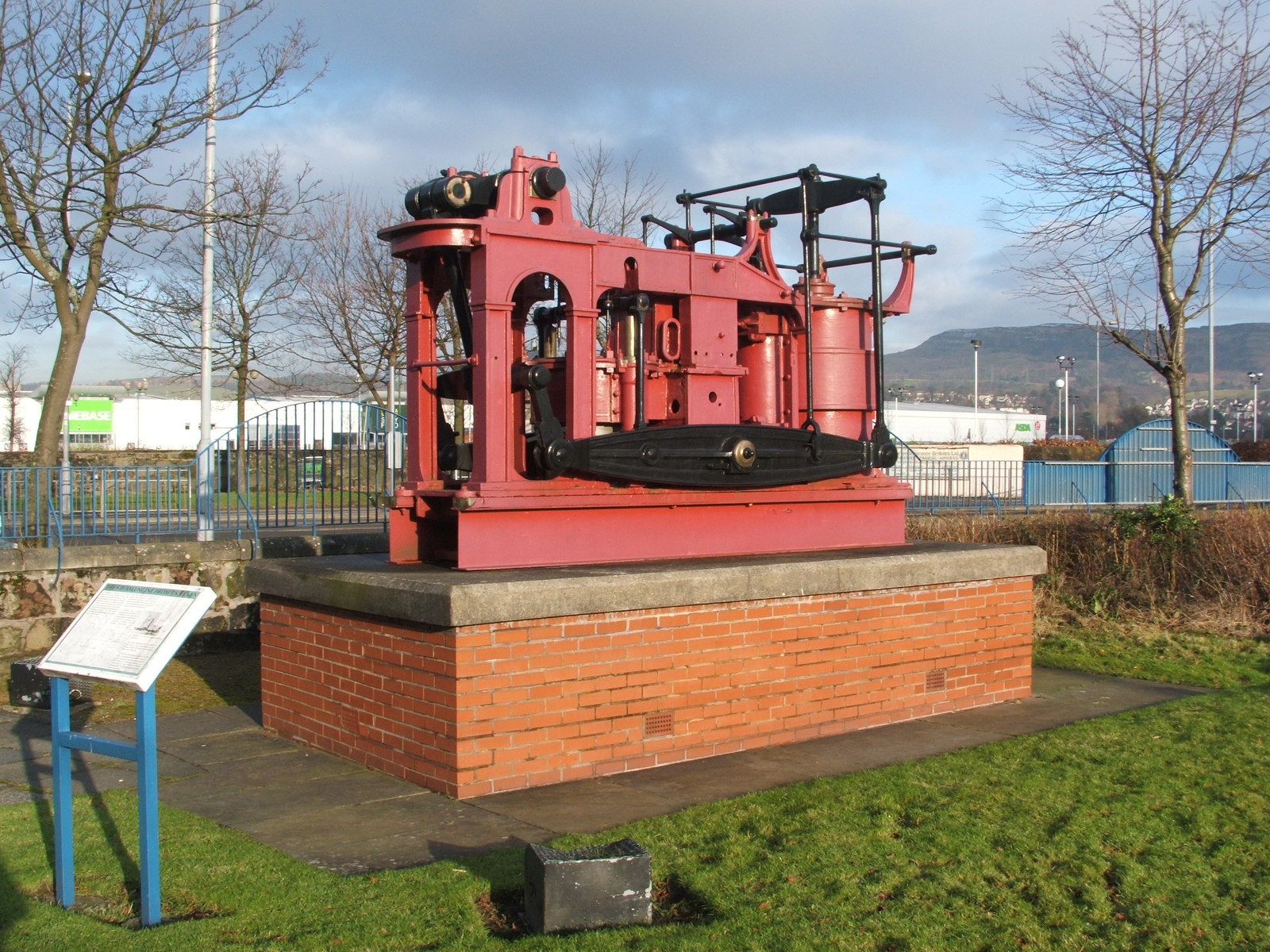
David Elder's steam engine from PS Leven, outside the Maritime Museum, Dumbarton
-
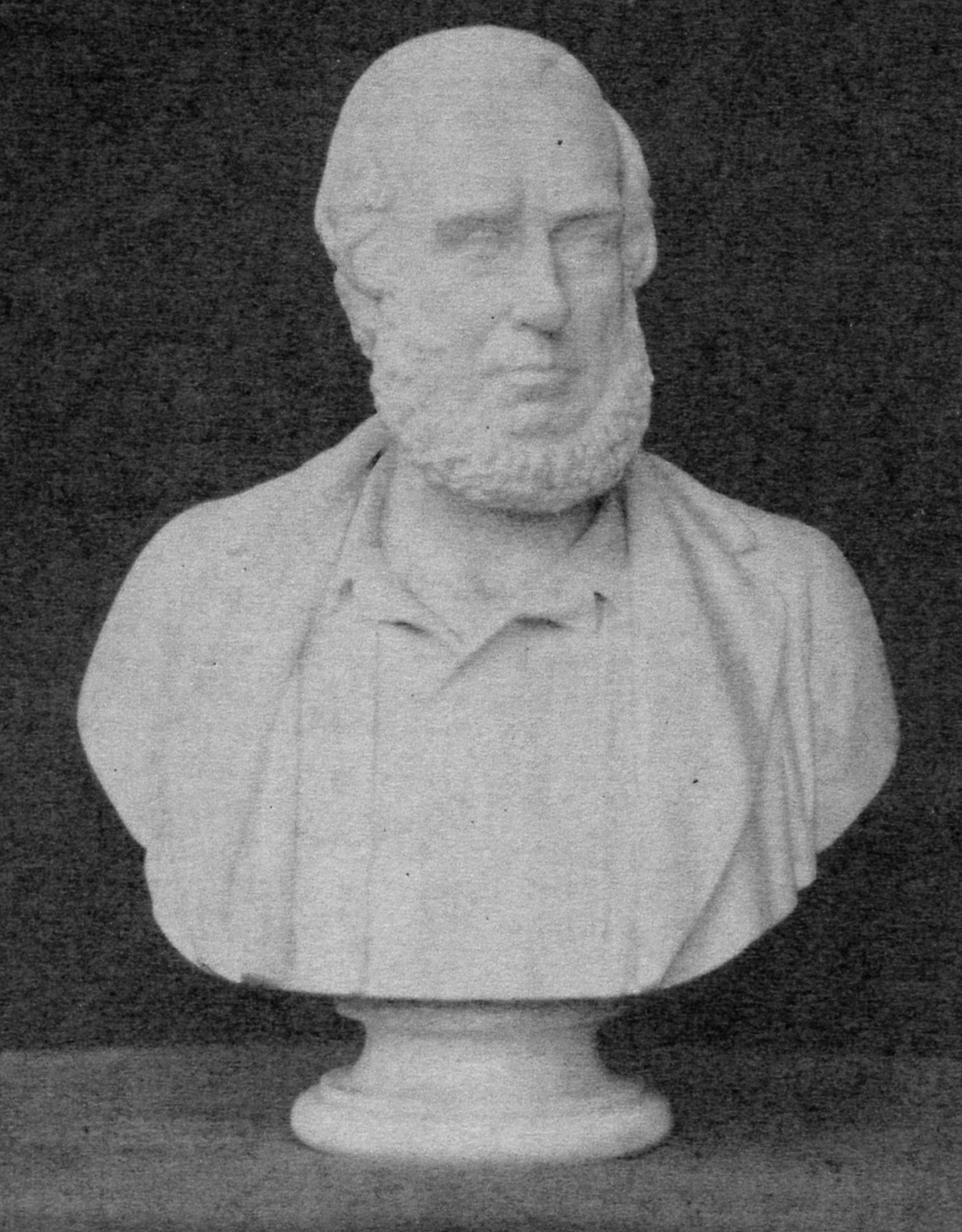
Bust of David Elder in the Fairfield Heritage offices, Govan Road, Glasgow
-
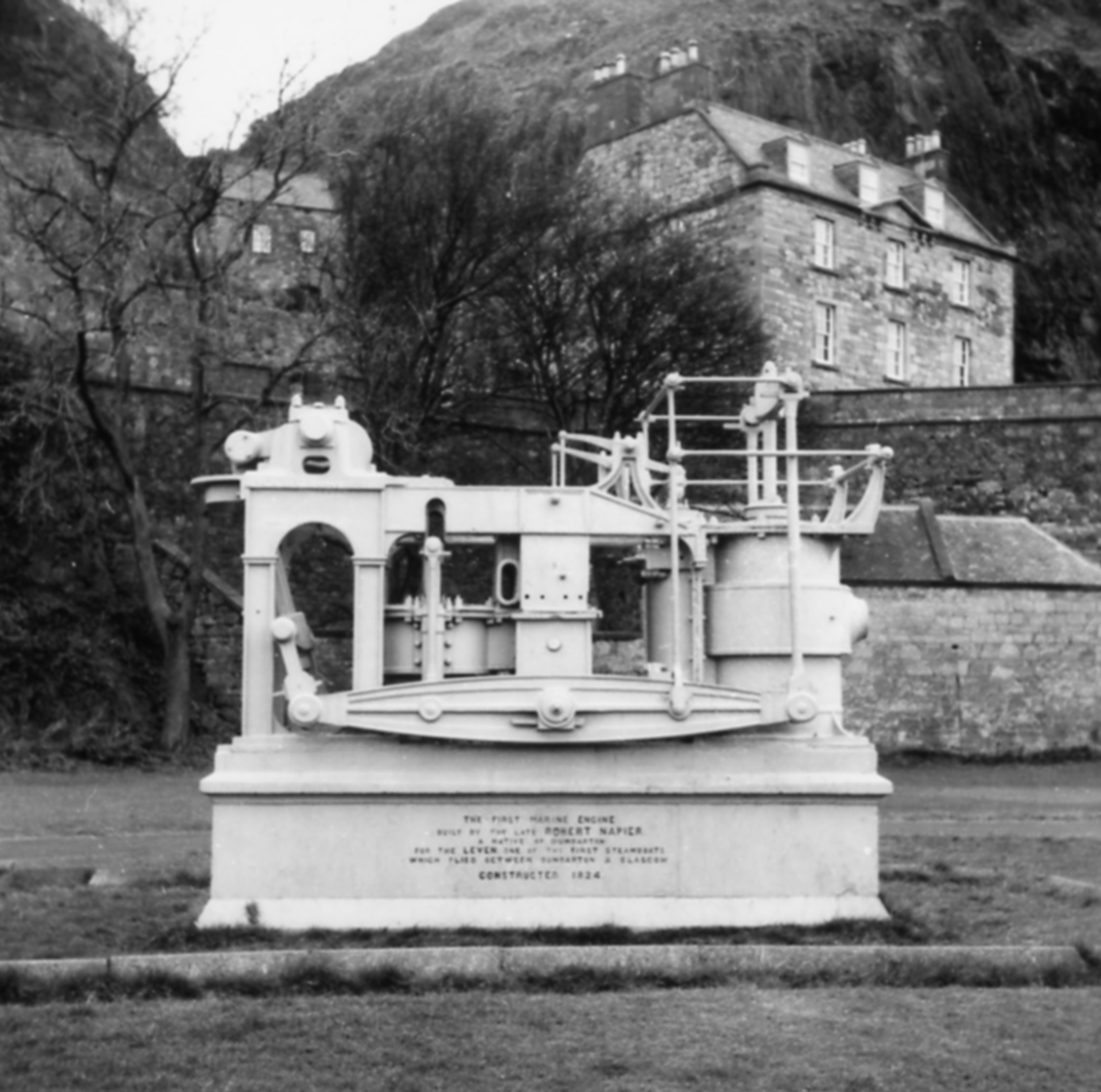
The single-cylinder engine of PS Leven in its original display location in Dumbarton
-
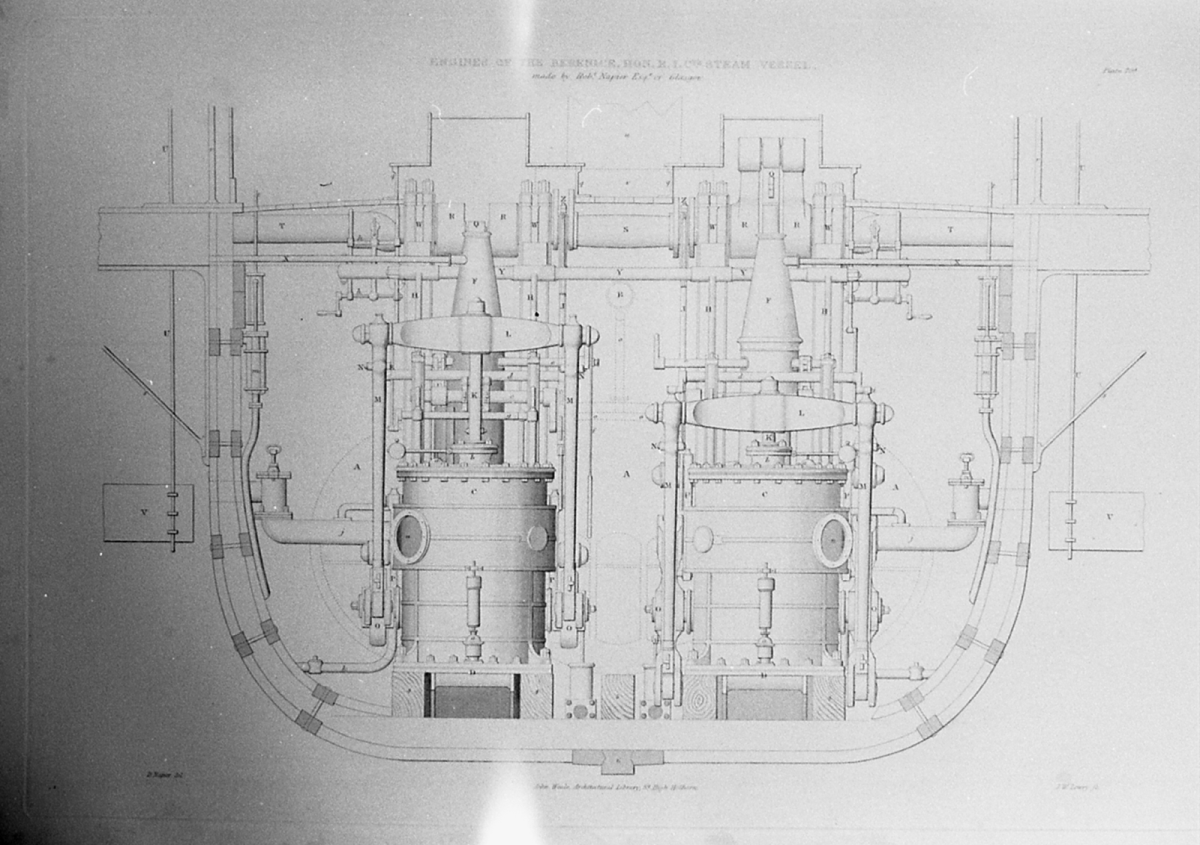
Engines of PS Berenice, 1835
-
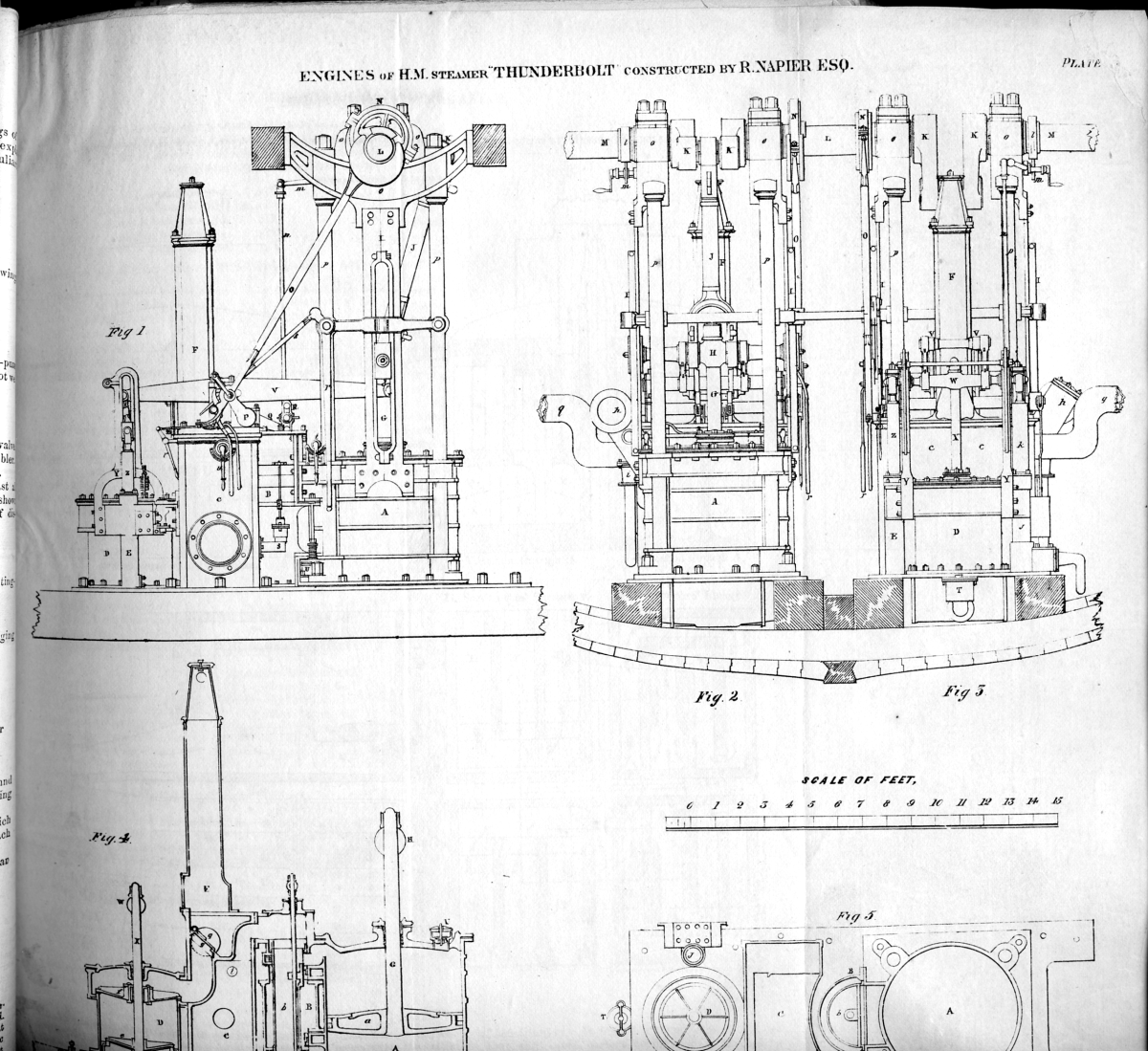
Engines of HMS Thunderbolt, 1842
-
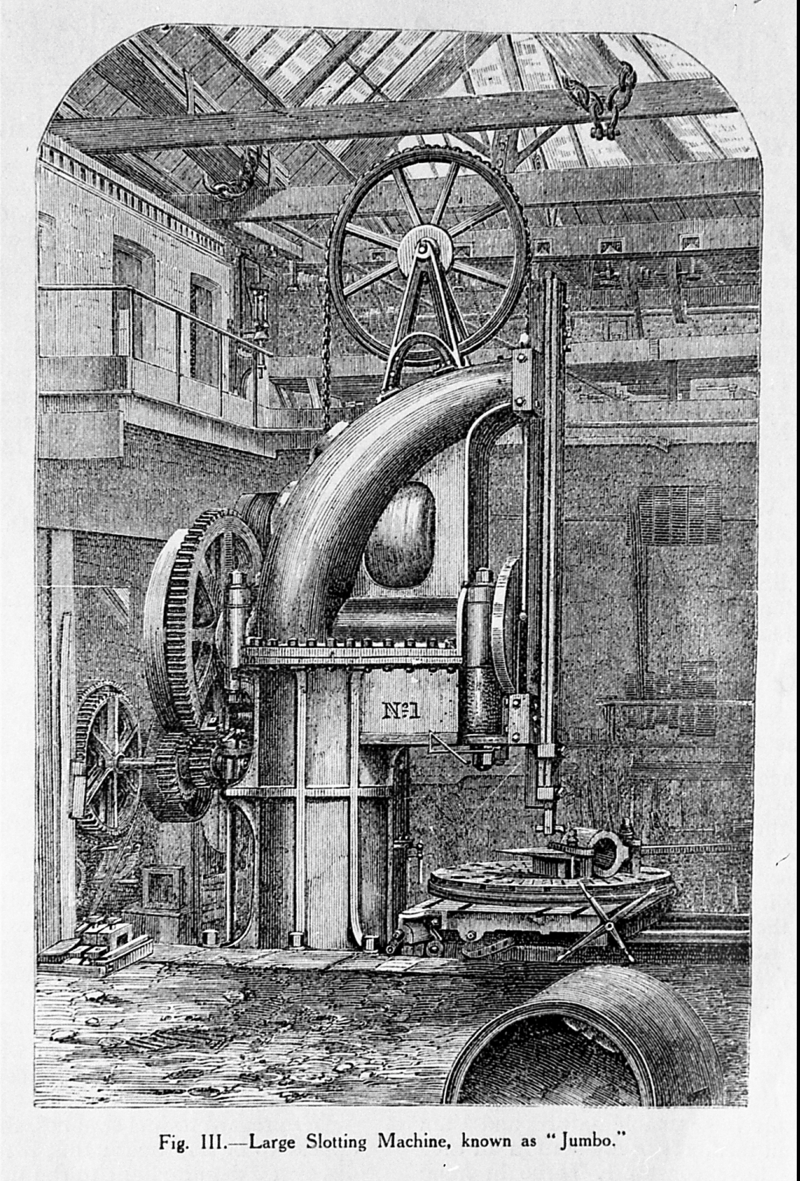
Machine tool in Lancefield Foundry designed by Elder
-
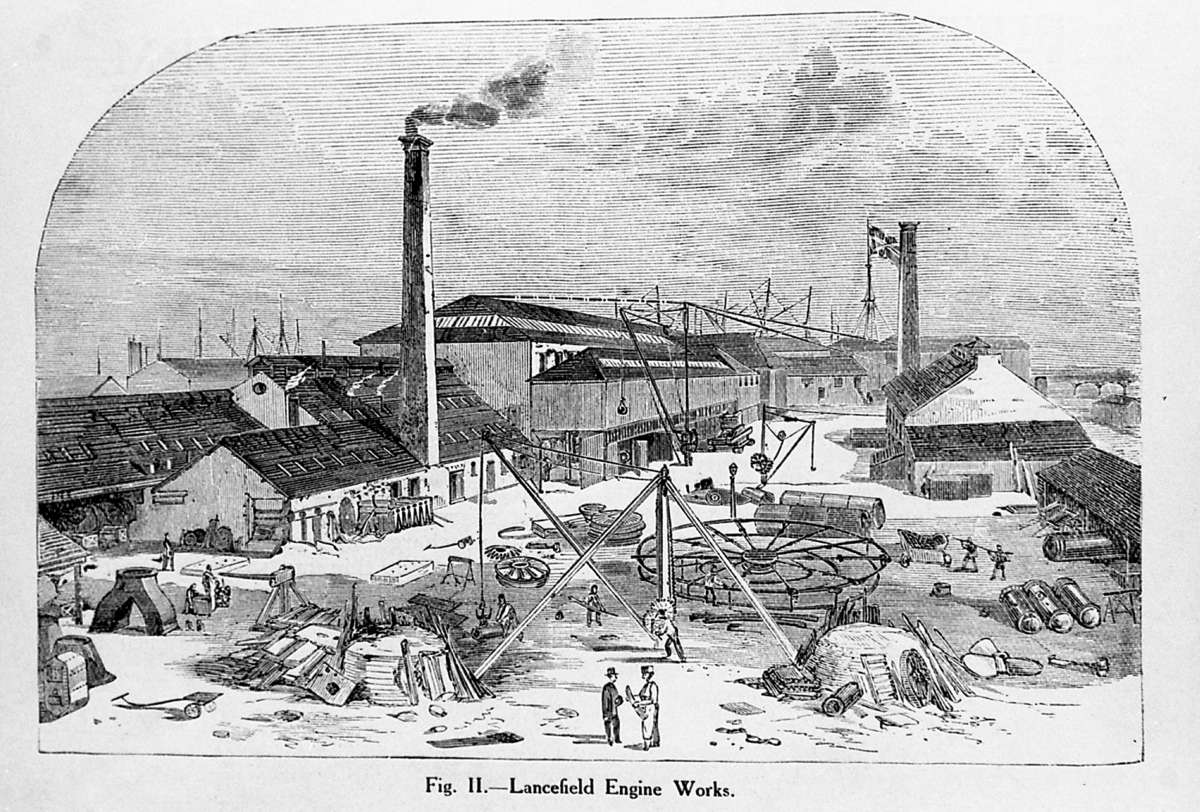
Lancefield Foundry from the north
-
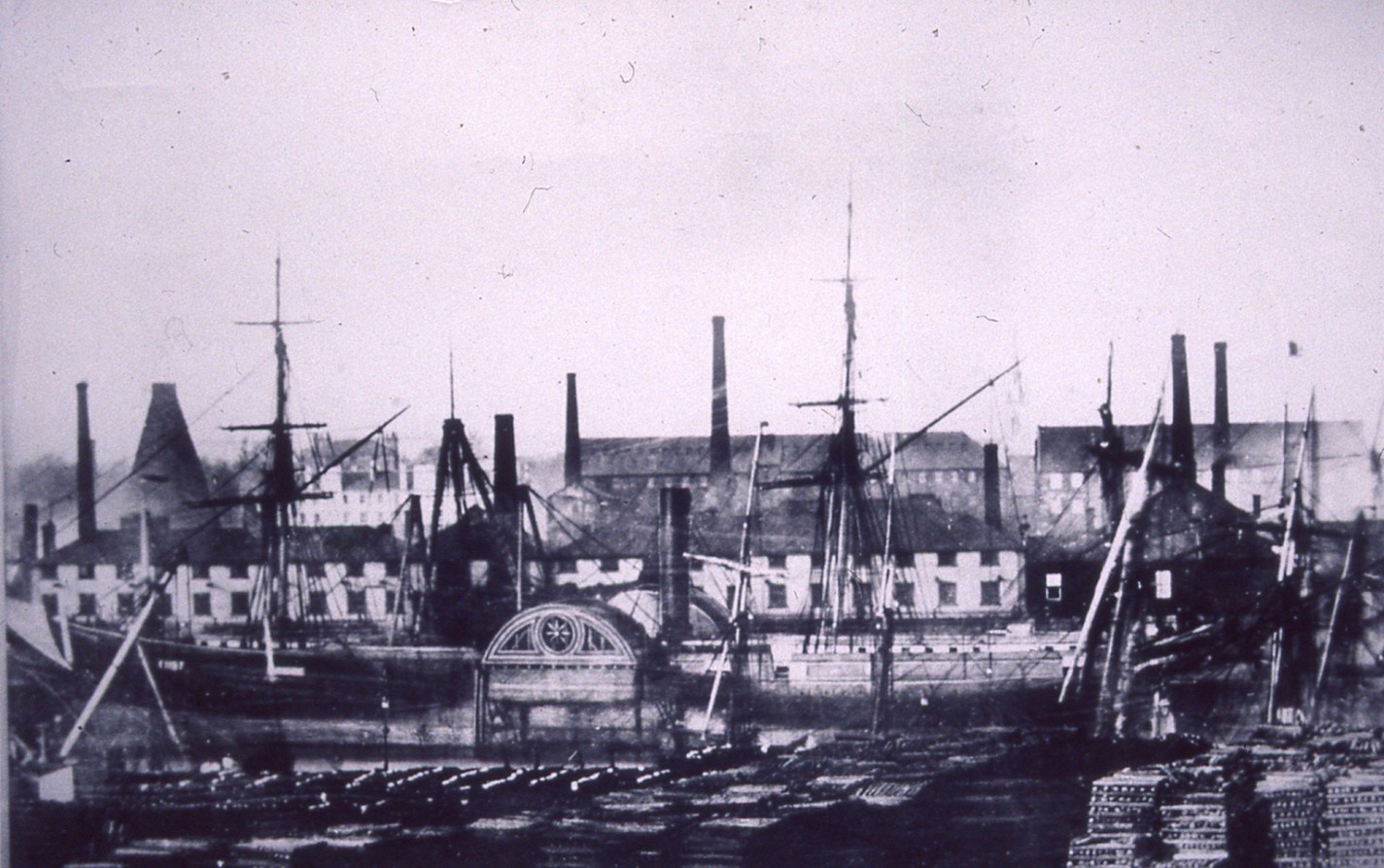
PS Arabia in the Lancefield basin in 1852

